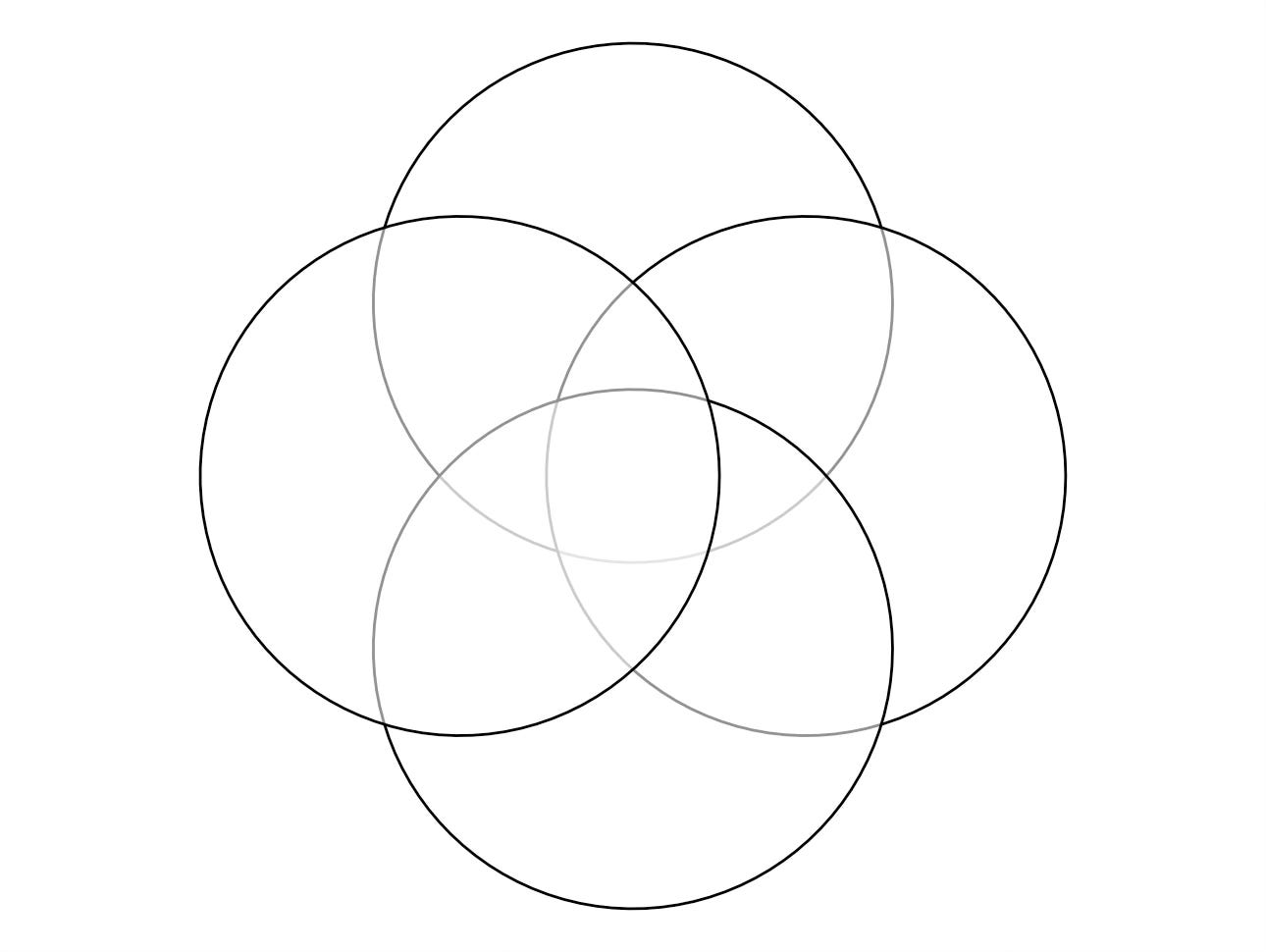There’s this thing that baffles me. Whenever someone spits out a random piece of trivia in the presence of others, the usual reaction is “wow what a smart person!” Conversely, whenever someone doesn’t know something that we deem to be “common knowledge” we consider the person to be dumb.
Why do we base our perceptions of someone’s intelligence on such shallow indicators?
I find that people are often too impressed by trivia (despite it being trivial information by definition). Capitals of the world, decimal places of pi, any facts about sizes of or distances between planets, etc. I would consider all of this cheap knowledge. You can obtain it by rote learning. Yes, it takes time and effort to learn it off but it’s essentially a mindless process. Download a flashcard app. Create your flash cards and revise.
For example, if you know the capitals of every country in the world, people are going to be mad impressed. But if I ever want to know the capital of a country I can just Google it. Granted I don’t know them off by heart, but I’ll be at the same level of understanding. In fact, there is no understanding required at all. It’s just memorising two words, e.g., Berlin and Germany. There's no moat to swim through. Your only barrier is time.
Of course some people are just very knowledgeable. They are curious. They remember stuff well. I am not referring to those people. I am referring of people who are purely learning off trivia in order to appear smart. People who I have called Fun-Fact machines in the past.
Here is an example from the Anki Subreddit (a forum dedicated to a flashcard app1) entitled: “What ‘low-effort’ knowledge developed using Anki can most easily impress people ?”
Hello ! Last week I decided to download an Anki game for flags/countries/capitals, it took me less than 2 weeks to mature and it was a joy to learn. Last night I was at a party and this topic came up and everyone was absolutely flabbergasted that I knew so much, testing me several times and only failing once. I'm of average intelligence, and I could never have done this without Anki, so my question is, ‘Are there other types of knowledge that are really off-putting and/or too time-consuming using the traditional method, that could be fun to learn while letting me shine if the subject comes up?’ Thank you in advance for your suggestion !
Imagine you were at this party. I presume the initial thought that would come to most of our minds would be “wow what an intelligent person” rather than “wow that must have taken a long time.”
Socially we reward people with imaginary intelligence points for knowing trivia. Conversely, as soon as someone doesn’t know what we deem to be common knowledge we deduct imaginary intelligence points.
“Common knowledge” is often talked about as if there was a certified pool of common knowledge, a long list of facts that we all should know such as [Julius Caesar was a Roman Emperor] and [Romeo and Juliet is a play by Shakespeare]. But this isn’t true. Everyone has their own idea of what the pool of common knowledge includes and this can vary drastically based on age, gender, nationality, socio-economic class, personality, interests, etc. If you grew up in Dublin your perception of common knowledge is likely going to be different to someone who grew up in London. Yet, when we think of common knowledge we think of it as something is stable, something that everyone has. For example, a Spanish person might be mind blown by someone who doesn’t know who Franco was, but in the grand scheme of things there were way more important political figures in the 20th century. Franco is a part of Spanish common knowledge, but not part of everyone else’s “common knowledge.” If you are not Spanish you probably have to be somewhat interested in 20th century history in order to know of Franco. At the end of the day “common knowledge” probably looks more like the Ikigai diagram than a single circle.

A popular genre of YouTube videos includes making fun of the poor geography knowledge of the American public. Heaps of selection bias aside, I still don’t think not knowing geography is as big of a dunk as people make it out to be.
Showing someone a map and realising that they’re not able to point to a single country, not even the one they live in, is shocking. It certainly signals ignorance. However, it doesn’t mean that they don’t understand the concept of a country, that they don’t know that there are many countries in the world, or what a map is. And it does not mean that the person is stupid. It’s kinda like showing someone the periodic table and then cringing when they can’t name any elements. It would have been cool if they could but that doesn’t mean they are ignorant to the concept of an element. Granted the concept of a country is a lot more fundamental than an element.
I think this phenomenon boils down to two main things:
Firstly, when we talk about intelligence we aren’t all talking about the same thing. People may call many different things “intelligent”:
Anyone who performs well in tests
Anyone who enjoys STEM subjects
Anyone who reads as a hobby
Anyone who studies at a university
Doing something you agree with
Someone who holds a different opinion is dumb
Some may dismiss intelligence entirely and say that it’s all about Emotional Intelligence
Some may say there are multiple intelligences such as interpersonal intelligence, musical intelligence, linguistic-verbal intelligence, etc.
I appreciate that some of these things are likely related to intelligence such as for example test-taking ability and university attendance. However, that is not usually how we view things in day-to-day life. We don’t talk in correlational language, we talk in causal language. We say “wow you got an A+ you’re so smart” and not “there’s a moderate correlation between doing well on a maths test, so considering you got an A+ there’s a good chance that you’re not dumb.” Intelligence isn’t the same as test-taking ability, it isn’t university attendance or reading for fun.
Rather in 1994 mainstream intelligence researchers succinctly defined intelligence as follows:
“Intelligence is a very general mental capability that, among other things, involves the ability to reason, plan, solve problems, think abstractly, comprehend complex ideas, learn quickly and learn from experience. It is not merely book learning, a narrow academic skill, or test-taking smarts. Rather, it reflects a broader and deeper capability for comprehending our surroundings-“catching on,” “making sense” of things, or “figuring out” what to do.”
The second thing is Fundamental Attribution Error (FAE). FAE is the tendency of some people some of the time to over explain peoples’ behaviour with their inherent qualities and under explain peoples’ behaviour using the situation at hand. When someone says “the earth is about four times wider than the moon,” people often tend to think that their presence has been graced with a highly intelligent individual. But when we can’t order the planets in order of size we tend to know view ourselves as stupid but rather think “oh I don’t care about space and don’t bother learning about it.” Conversely when someone doesn’t know who Pablo Escobar is we think we’re dealing with an idiot. But when we don’t know who Al Capone is we think to ourselves “who even cares about Al Capone?”
In conclusion, the next time you hear trivia, remember that trivia does not equal intelligence and when someone doesn’t know something you deem to be common knowledge, take a moment to consider that everyone’s pool of common knowledge has a slightly different shape.
The cool thing about Anki is that it uses evidence-based principles to overcome the Forgetting Curve, hence, it becomes quite easy to learn off information. Here’s a great introduction.



Please write more often - this is my favorite newsletter on Substack.